
What Is CBG Oil?
If you’re looking for a comprehensive, natural solution to tackle inflammation and its debilitating effects, you’re in the right place. Welcome to the new era

Vitamin C is a crucial nutrient for our health. It can be found naturally in certain foods and can also be consumed as a dietary supplement. It plays an essential role in the body’s healing process and acts as an antioxidant, protecting cells against free radicals.
Additionally, it is important for the absorption and storage of iron.
Since your body does not produce vitamin C, you must get it from foods like citrus fruits, berries, potatoes, tomatoes, peppers, cabbage, Brussels sprouts, broccoli, or spinach.
It is also available as an oral dietary supplement, typically in capsule or tablet form. Vitamin C is also known as L-ascorbic acid, ascorbic acid, or L-ascorbate.
Ascorbic acid is a carbohydrate molecule that was first identified by Albert Szent-Györgyi, the inventor of vitamin C, in the 1920s. He discovered that this substance could prevent and treat scurvy.
The word “ascorbic” means anti-scurvy and became famous as vitamin C, one of the most popular compounds since then.
It is important to note that high-quality vitamin C is not the same as ascorbic acid. To enhance absorption, it is necessary to support it with bioflavonoids, various plant extracts and concentrates to be utilized effectively.
Using ascorbic acid has several advantages, including:
Ascorbic acid also promotes proper collagen formation, which helps maintain the normal condition and function of teeth, skin, gums, cartilage, and bones.
The recommended daily intake (RDA) is 15-75 mg for children, 75 mg for adult women, 90 mg for adult men, and 85-120 mg for pregnant or lactating women. The tolerable upper intake level (UL) is 400 mg for young children, 1200 mg for 9-13-year-olds, and 2000 mg for adults.
Since most multivitamins contain ascorbic acid, a good multivitamin supplement can provide not only an increased intake of vitamin C but also other essential nutrients. Our USA Medical Multivitamin for Women and USA Medical MULTIVITAMIN for Men products combine essential vitamins with the power of natural plant extracts and fruits like cranberry, hawthorn, grape seed, pomegranate, and black currant extracts.
Vitamin C is an important nutrient that our bodies need for good health. It can be found in certain foods and can also be taken as a supplement. It helps with healing and protects our cells from damage. It also helps our bodies absorb and store iron.
If you don’t get enough vitamin C, you may be at risk for deficiency diseases. Some people are more likely to have a deficiency if they:
When you don’t have enough vitamin C, you can get a disease called scurvy. Scurvy can cause problems like anemia, bleeding gums, bruises, and slow healing of wounds.
Vitamin C is a vital nutrient that our bodies need to stay healthy. It plays a crucial role in healing, acts as an antioxidant to protect cells from damage, and helps with the absorption and storage of iron.
We get vitamin C from certain foods like citrus fruits, berries, potatoes, tomatoes, peppers, cabbage, Brussels sprouts, broccoli, and spinach. It can also be taken as a supplement in the form of capsules or tablets.
A lack of vitamin C can lead to a condition called scurvy, which causes symptoms such as fatigue, low energy levels, vision problems, and memory loss.
If you’re considering taking vitamin C supplements, it’s important to choose reputable brands and follow the recommended dosage guidelines. A balanced diet with a variety of fruits and vegetables can also help ensure an adequate intake of vitamin C.
Keep in mind that while vitamin C is beneficial for overall health, it’s always recommended to prioritize a well-rounded diet and a healthy lifestyle for optimal well-being.
These statements have not been evaluated by the Food and Drug Administration. These products/services are not intended to diagnose, treat, cure, or prevent any disease.

If you’re looking for a comprehensive, natural solution to tackle inflammation and its debilitating effects, you’re in the right place. Welcome to the new era

The Invisible Enemy Within You wake up feeling groggy, your joints ache, and that old neck pain seems to have returned. No, it’s not just

CBG oil has been creating waves in the health and wellness industry, and for good reasons. But with any health trend, it’s crucial to separate
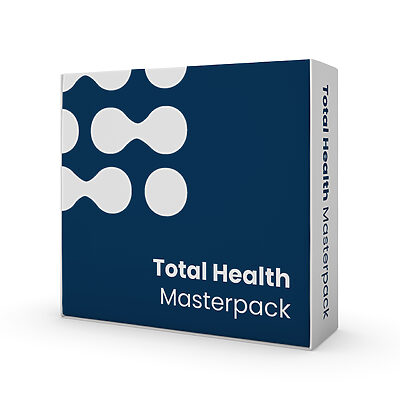
In stock | Free shipping
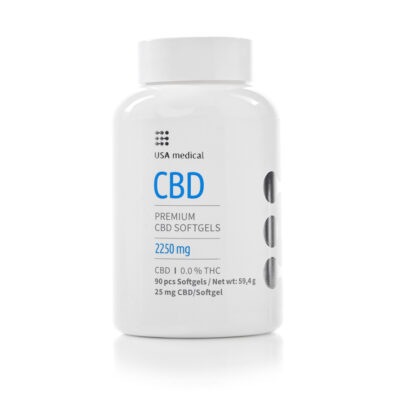
In stock | Free shipping
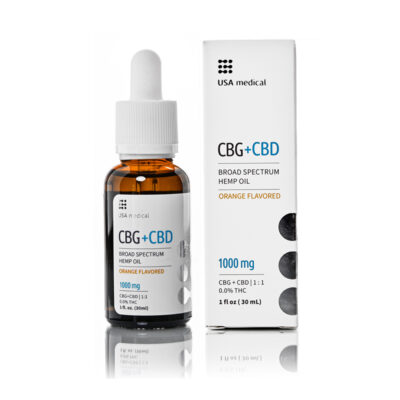
In stock | Free shipping
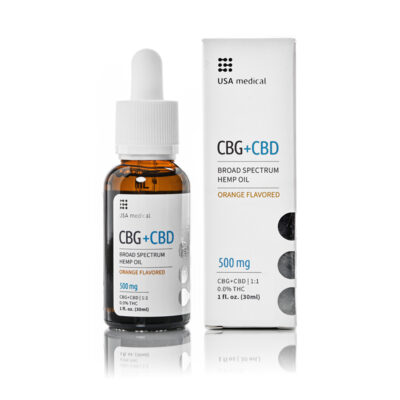
In stock | Free shipping
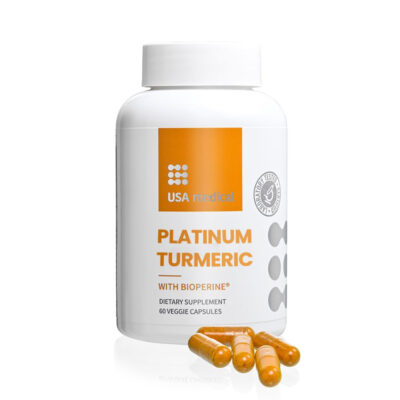
In stock | Free shipping
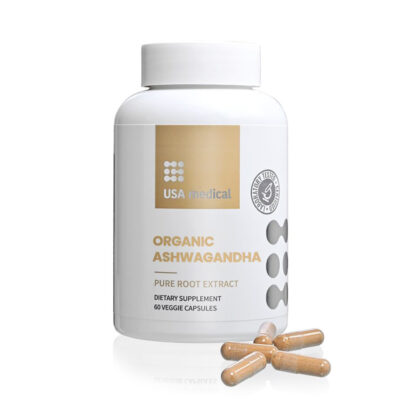
In stock | Free shipping
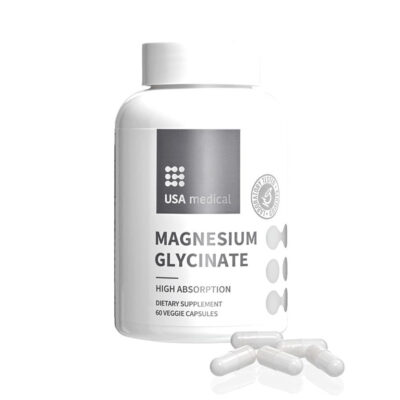
In stock | Free shipping
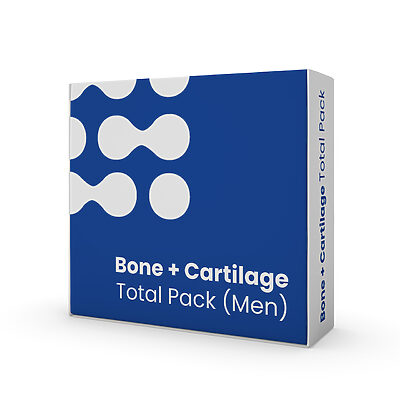
In stock | Free shipping
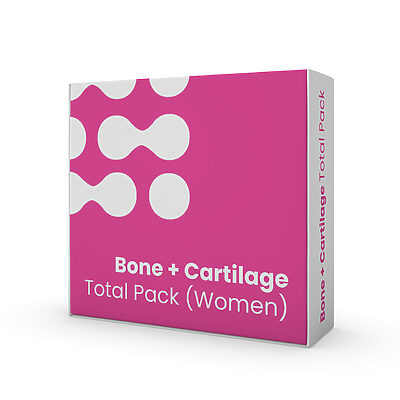
In stock | Free shipping
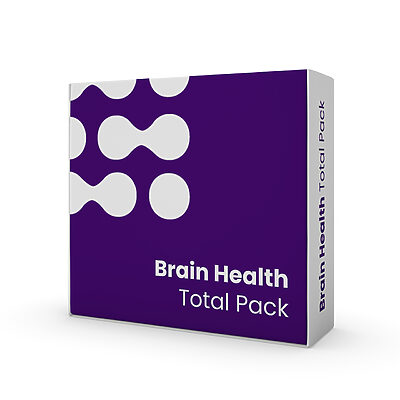
In stock | Free shipping

In stock | Free shipping

In stock | Free shipping

In stock | Free shipping

In stock | Free shipping
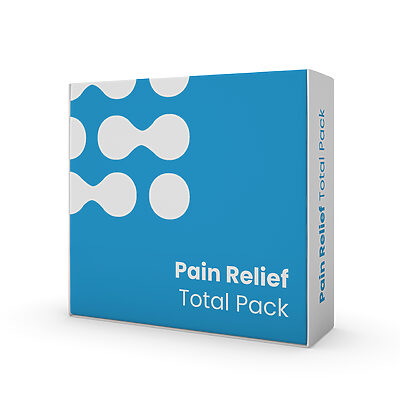
In stock | Free shipping